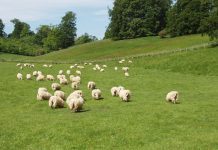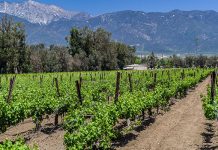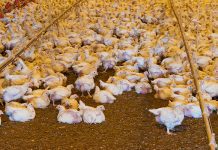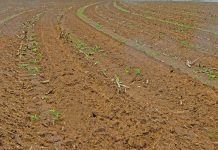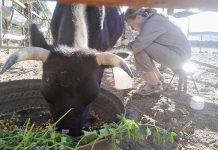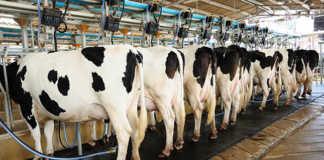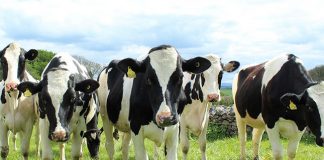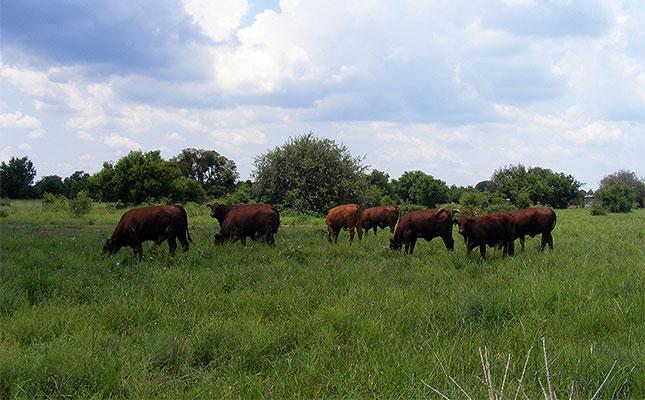
Photo: FW Archive
The study, recently published in the Proceedings of the National Academy of Sciences (PNAS), “called into question the frequent promotion of grass-fed beef as more environmentally friendly”, Euronews reported.
Gidon Eshel, one of the study’s authors and a research professor of environmental physics at Bard College, Annandale-on-Hudson, New York state, told Euronews he believed a large portion of the population wanted their purchasing decisions to reflect their values.
“But they are being misled, essentially, by the wrong information,” he said.
According to Richard Waite, director for Agriculture Initiatives at the World Resources Institute, it was important to carefully weigh up the benefits of grass-fed beef as it wasn’t necessarily more environmentally friendly to produce.
In South America, for example, grass-fed beef production was expanding, at the cost of deforesting land that would otherwise store carbon, he said.
The Euronews report stated that some experts concurred with the study’s findings, saying it was less efficient to produce grass-fed cattle than their “industrial counterparts”.
“Animals that are fattened up in fields instead of feedlots grow more slowly and don’t get as big, so it takes more of them to produce the same amount of meat.”
The researchers used a numerical model of the emissions produced during the process of raising beef and then simulated it in herds of both industrial and grass-fed cattle.
They also analysed previous studies on the extent to which cattle grazing promoted carbon storage.
“It was found that even in the best-case scenarios, the amount of carbon that grasses could sequester didn’t make up for the emissions of the cattle,” the report said.
However, Jennifer Schmitt, a researcher of US agricultural supply chains at the University of Minnesota, who did not participate in the study, told Euronews that if beef production was scaled back enough and farmers freed up more cropland for food production, “the localised environmental benefits of grass-fed cattle could make up for the fact that they come with higher emissions”.


